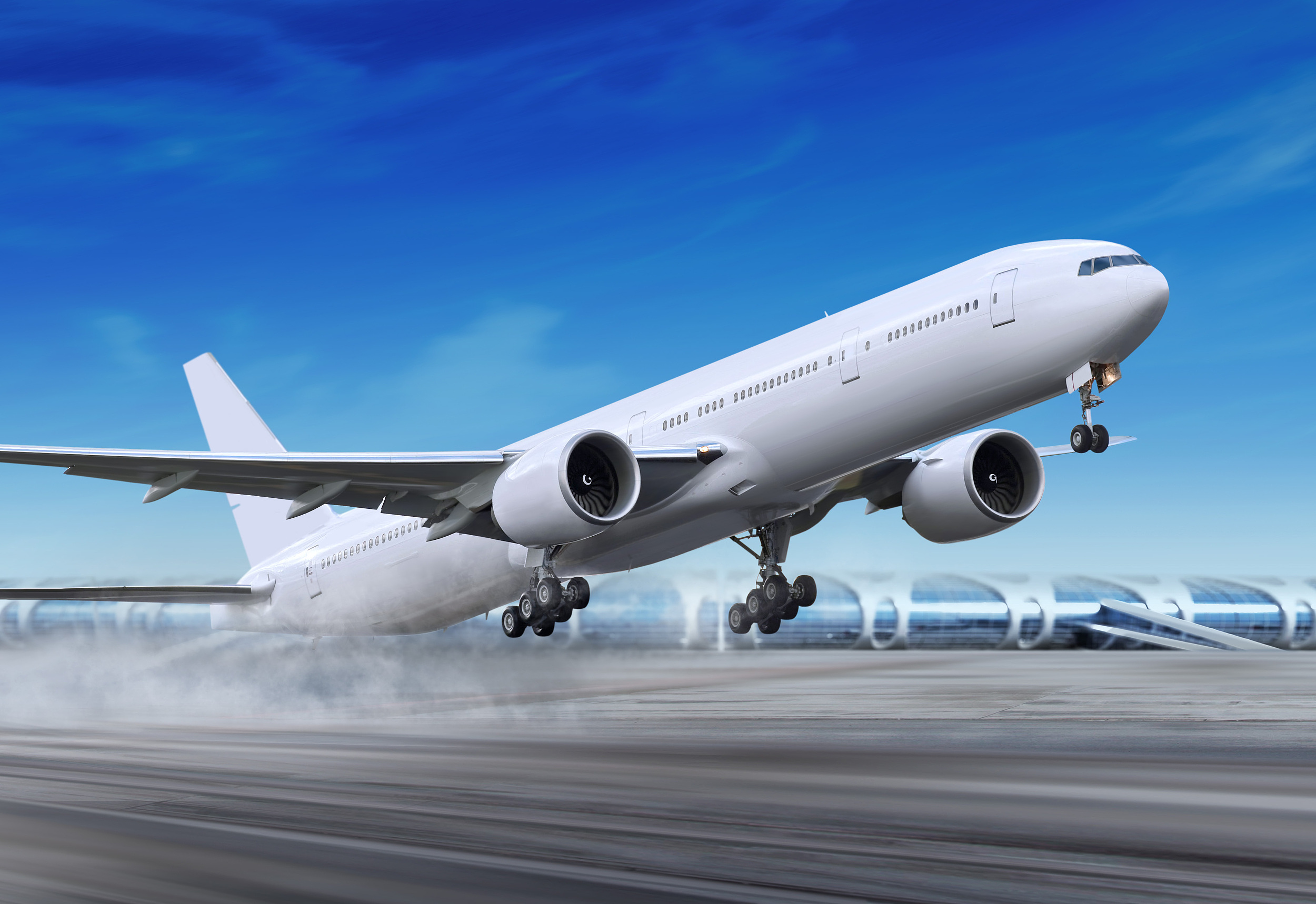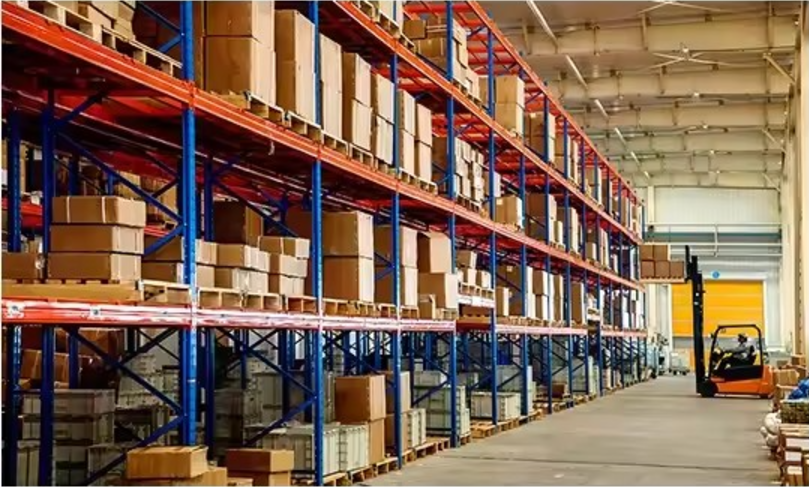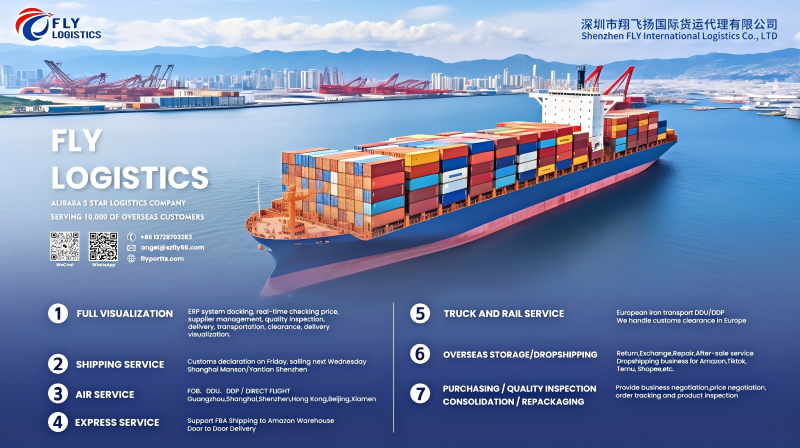The current rise in demand for air freight is due to the growing need in the U.S. e-commerce sector for fast and on-time deliveries over long distances. In recent months, the global air cargo market has seen significant growth, with a reported increase of around 25% year-over-year in cargo volume. Additionally, the International Air Transport Association (IATA) noted that e-commerce accounted for over 30% of total air cargo demand in 2023. Consumer behavior shifts, such as a 20% rise in online shopping and a growing preference for faster delivery options, have further fueled this growth. Moreover, advancements in technology, such as enhanced tracking systems, have improved operational efficiency, driving an estimated 15% increase in air freight capacity utilization.
Air Cargo’s Role in E-commerce Logistics
Air cargo plays a pivotal role in fulfilling the fast-paced demands of e-commerce. Unlike sea or land transport, which can take weeks to reach a destination, air cargo shipping offers much quicker transit times, making it the preferred mode for international shipments requiring speed and reliability.
E-commerce companies, especially those with a global reach, are increasingly turning to air cargo shipping to ensure that goods are delivered promptly to customers in different parts of the world. Whether clothing, electronics, medical supplies or perishable goods, air cargo provides the efficiency needed to meet consumer expectations.
Moreover, air cargo shipping has become instrumental in managing inventory for online retailers. With the growth of just-in-time (JIT) inventory models, businesses need to restock items quickly and avoid overstocking. Air cargo facilitates this by allowing companies to move smaller quantities of goods at higher frequencies, keeping their supply chains nimble and responsive to demand fluctuations.
The Role of Integrators and E-commerce Giants
The growth of air cargo shipping has been significantly influenced by major e-commerce giants like Amazon, Alibaba, and eBay. These companies have built expansive logistics networks, often integrating air freight operations into their supply chains. For instance, Amazon Air operates its fleet of aircraft to maintain control over its delivery timelines and minimize reliance on third-party carriers. By managing their air cargo capacity, these companies can meet the growing demands of their customers for fast delivery, often within 24 to 48 hours.
Additionally, integrators such as DHL, FedEx, and UPS have also played a key role in supporting e-commerce growth. These companies offer end-to-end logistics services, including air cargo, warehousing, customs clearance, and last-mile delivery. Their global reach and expertise in managing international shipments make them indispensable partners for e-commerce companies that ship products across borders.

Air Cargo and the Rise of Cross-Border E-commerce
As e-commerce expands, so too does cross-border trade, further fueling the demand for air cargo services. Cross-border e-commerce refers to the purchase of goods from a foreign market by consumers in another country. This trend has grown significantly in recent years, as consumers increasingly seek unique products or competitive prices from international retailers.
For cross-border e-commerce to thrive, fast and efficient logistics solutions are essential. This is where air cargo steps in, enabling the rapid transportation of goods between countries, often covering long distances in a matter of hours. The ability to move goods quickly is especially critical for international markets, where customs clearance and regulatory hurdles can already introduce delays in the shipping process.
According to the International Air Transport Association (IATA), cross-border e-commerce represents one of the fastest-growing segments of air cargo logistics. E-commerce-related shipments are expected to account for 20% of global air cargo shipping traffic by 2025. This growth is largely driven by the demand for high-value, lightweight goods that require rapid transit, such as consumer electronics, fashion items, and health products.
Future Outlook: Air Cargo in the E-commerce Era
Looking ahead, the future of air cargo in the e-commerce landscape appears promising. The continued growth of online shopping, combined with advancements in logistics technology, is expected to further increase the reliance on air cargo for fast and efficient delivery.
One of the most exciting developments on the horizon is the rise of drone technology and autonomous aircraft for last-mile delivery. E-commerce companies and logistics providers are investing heavily in drone delivery solutions to reduce shipping times and alleviate pressure on traditional air cargo services. While widespread adoption is still in its early stages, drones have the potential to revolutionize air cargo logistics by offering rapid delivery options in urban areas.
Additionally, the use of big data, artificial intelligence, and machine learning in logistics is expected to optimize air cargo logistics operations. By predicting demand patterns, optimizing flight routes, and managing warehouse inventories more efficiently, these technologies will enhance the speed and reliability of air cargo services in the e-commerce era.
Conclusion
The rapid expansion of e-commerce has been a driving force behind the growth of the air cargo industry. As consumers continue to demand faster delivery times and access to international markets, air cargo logistics will remain a critical enabler of global e-commerce.
FLY LOGISTICS, as an experienced international freight forwarder, offers high-quality air freight services, with a particular focus on small package express delivery. The company maintains long-term and stable partnerships with renowned airlines and international courier services, such as DHL, FedEx, UPS, and TNT, ensuring that small packages can be safely and quickly shipped from China to major markets worldwide, especially to the US, Canada, the UK, and European countries.
The highlights of FLY LOGISTICS’ small package air express service lie in its efficient logistics network and highly competitive pricing. The company offers stable routes and on-time delivery schedules. Additionally, FLY LOGISTICS provides a range of value-added services, including pickup, repacking, labeling, quality inspection, warehousing, customs clearance, cargo insurance, and procurement support, ensuring that each shipment is fully covered.
With its digital logistics system, customers can check real-time pricing and track their cargo throughout the entire process, ensuring full transparency. Moreover, FLY LOGISTICS’ strong customs clearance capabilities and comprehensive compensation system provide solid security for cross-border businesses, making it an ideal choice for global small package shipping. If you are interested in our transportation services or have any questions and needs, welcome to register our official website and contact us!





